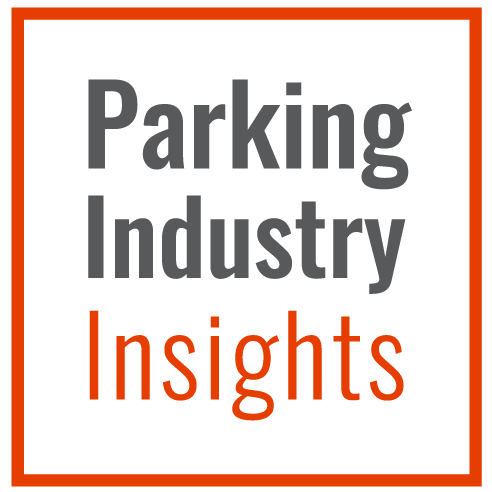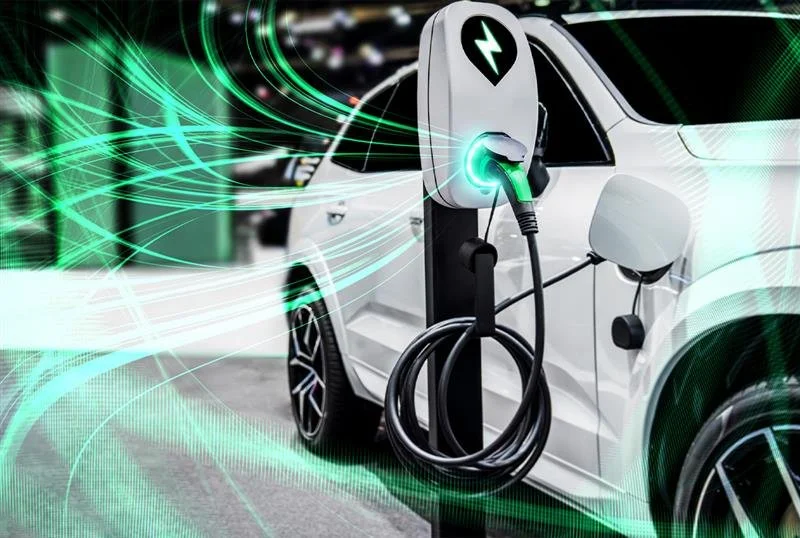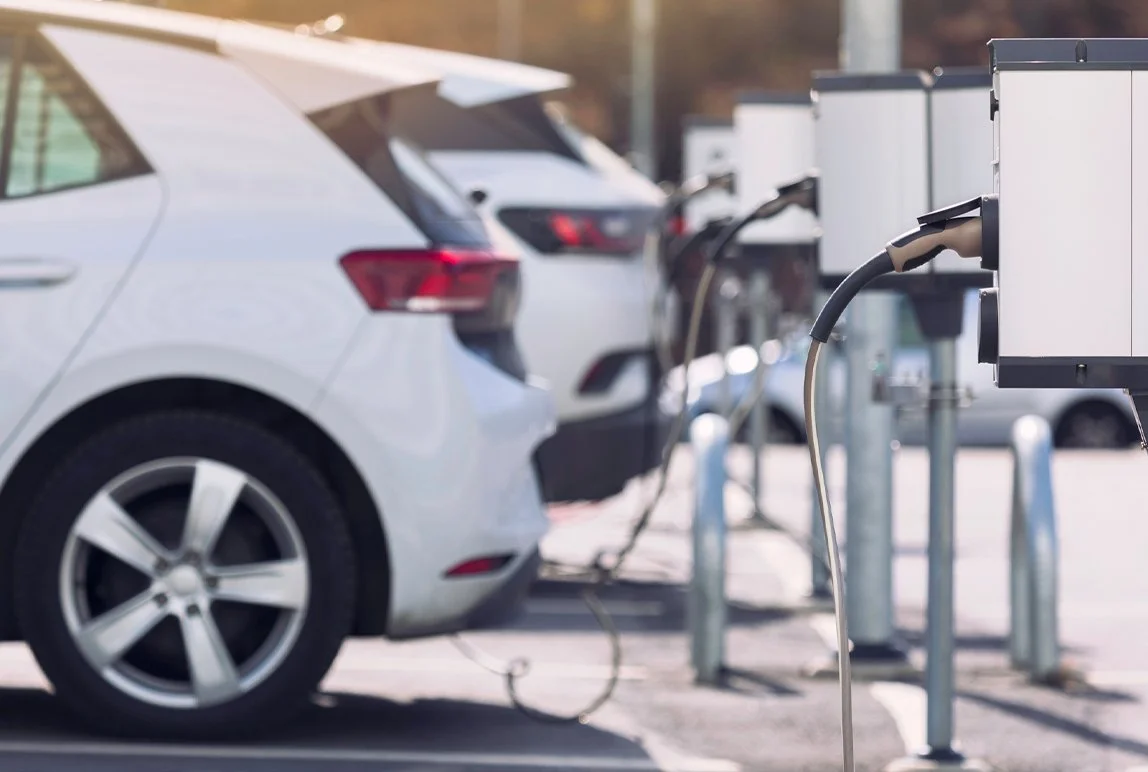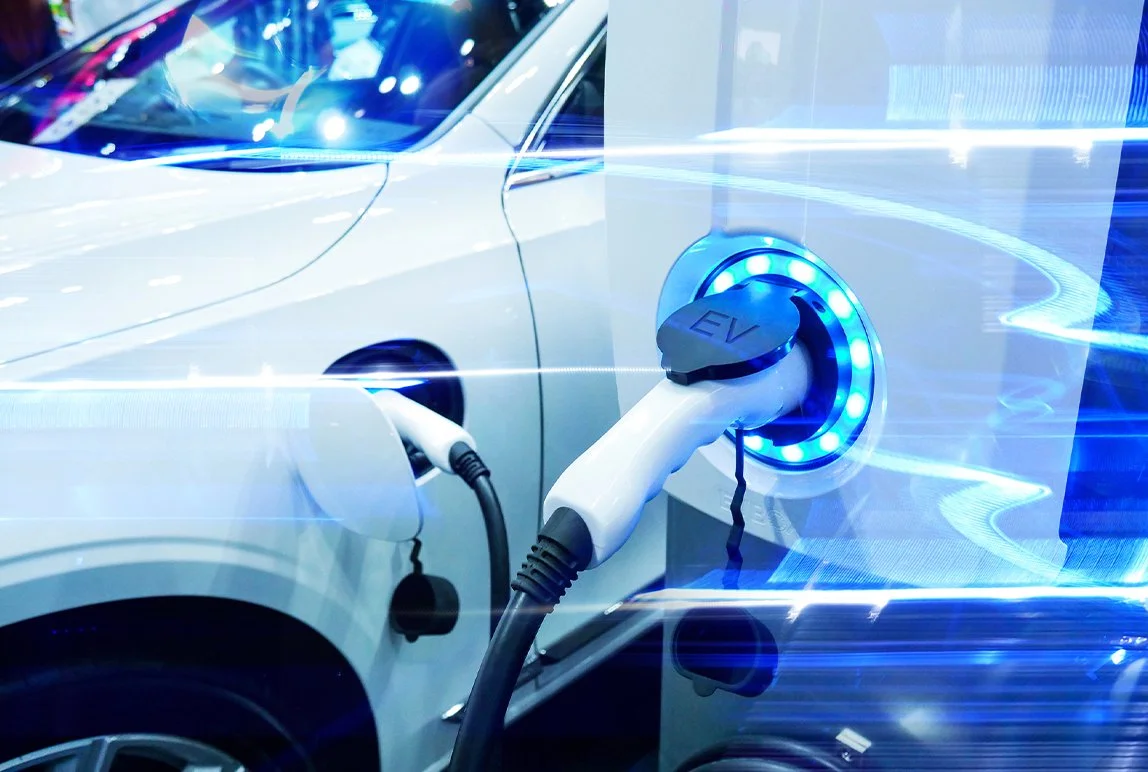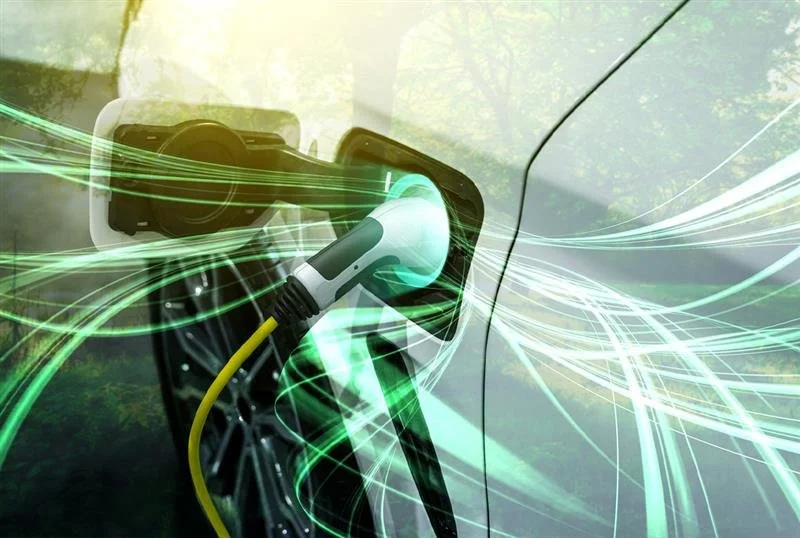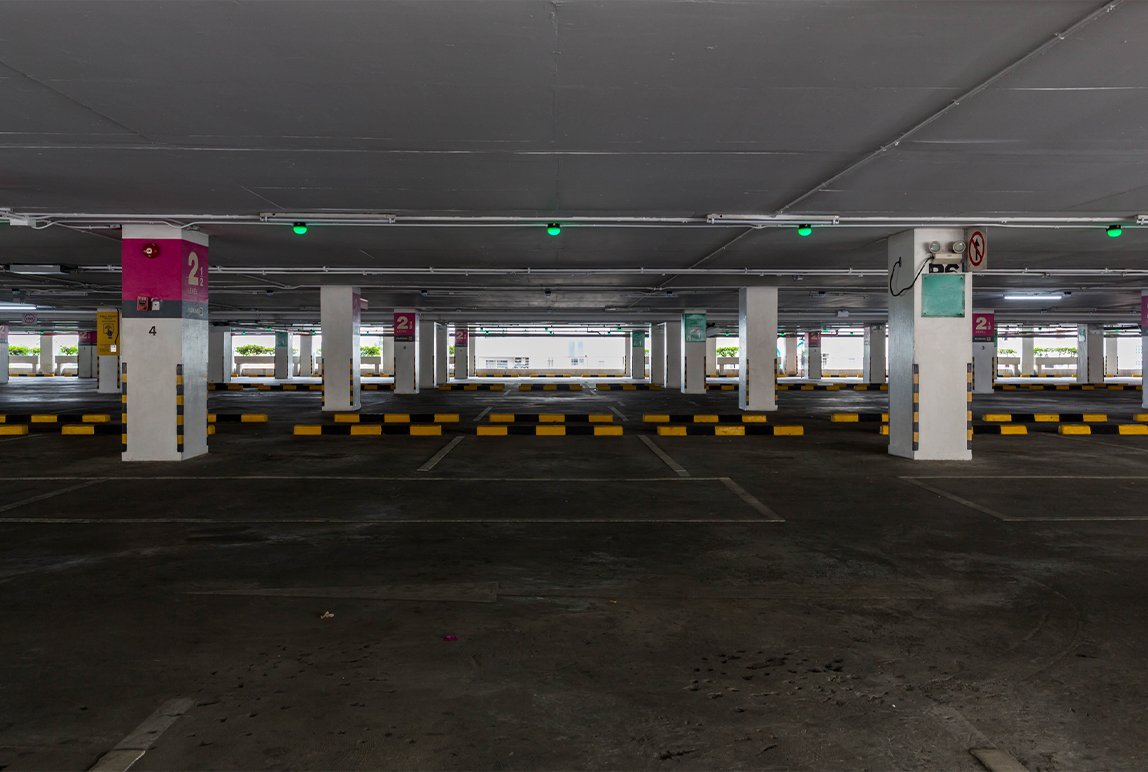8 Technologies to Look Out for When Developing Your Future Parking Technology Strategy
Posted: Aug, 6, 2024 10:04AM ET • 6 min read
In the rapidly advancing technology landscape, businesses constantly seek innovative solutions to enhance efficiency, meet operational objectives, and fulfill customer needs. The parking and mobility industry is no exception, with many new technologies set to transform traditional parking practices. These innovations are expected to create a future where the parking experience is an interconnected, user-friendly, and seamlessly integrated aspect of our daily lives.
Now more than ever, parking operators, facility managers, and owners alike must adapt their parking technology strategies for the future. Below are eight essential technologies to consider.
Artificial Intelligence (AI)
Artificial Intelligence is transforming the parking industry by optimizing space management. AI-driven algorithms can analyze past data, forecast peak usage times, and adjust pricing or allocate resources accordingly. From gated parking automated ticketing systems to intelligent surveillance for security, AI enhances the efficiency of parking operations while providing a seamless experience for customers.
Internet of Things (IoT)
The Internet of Things (IoT) is key to developing smart parking ecosystems. IoT sensors, such as parking guidance systems, can monitor parking space availability, traffic flow, and environmental conditions by collecting and analyzing real-time data, parking management systems can dynamically adapt to changing circumstances, optimizing the utilization of parking spaces and improving overall operational efficiency. Additionally, IoT devices can integrate with mobile apps to provide drivers with real-time information on available parking spaces, reducing the time spent searching for parking.
Blockchain
Blockchain technology enhances the transparency and security of parking transactions. By integrating blockchain, parking systems can streamline payment processes, reduce fraud, and provide an immutable ledger of all transactions. Storing customer information transparently in the blockchain fosters long-term customer relationships by offering personalized services. This facilitates quicker and more secure payments and builds trust with the brand, benefitting both operators and customers. Blockchain enables decentralized parking networks where multiple operators can collaborate without central authority.
Augmented Reality (AR)
Augmented Reality enhances the parking experience by providing interactive navigation and real-time information about the parking facility. From assisting drivers in finding available spaces through AR navigation, AR adds an interactive and informative layer to the parking experience. Integrating AR into parking solutions can improve customer satisfaction and operational efficiency.
Virtual Reality (VR)
Virtual Reality can be leveraged in the planning phases of the parking facility design. Using VR simulations, parking facility owners can visualize and optimize parking layouts and traffic flow before physical implementation. It can streamline the design process and be efficient while allowing various stakeholders to experience the parking facility in advance and provide feedback on its experience and accessibility. VR can also train parking attendants and staff, providing a realistic and immersive learning environment.
Advanced Robotics
Integrating advanced robotics in parking facilities automates processes like access control using License Plate Recognition (LPR) and virtual customer support. Robotics can significantly reduce the need for human intervention, lowering operational costs and minimizing the risk of accidents. By leveraging robotic technologies, parking facilities can enhance efficiency and provide a cutting-edge experience for customers.
Quantum Computing
Though still emerging, quantum computing has significant potential in parking and mobility, particularly in handling complex optimization problems. Quantum algorithms can process large data sets from sensors and monitoring systems, predicting real-time maintenance requirements and preventing critical failures. Quantum computing machine learning acceleration improves the accuracy and speed of systems in analyzing parking patterns, forecasting demand, and providing dynamic pricing models. Quantum computing can also enhance security protocols, making parking systems more resilient to cyber-attacks.
Neuromorphic Computing
Inspired by the human brain's architecture, neuromorphic computing is gaining traction because of its ability to process information similarly to human cognitive functions. This technology can be employed in parking systems for advanced image recognition, leading to faster and more accurate identification of vehicles, license plates, and even potential security threats.
The future of parking management lies in strategically integrating these cutting-edge technologies. Embracing these innovations will enable the creation of efficient and future-proof parking solutions. As the parking industry continues to evolve, those investing in these essential technologies will undoubtedly shape tomorrow's smart and connected parking facilities.
References
Gao, S., Möller, T., Mohr, N., Pastré, A., & Ziegler, F. (2023, September 13). Gearing up for Mobility’s future with quantum computing. McKinsey & Company. https://www.mckinsey.com/industries/automotive-and-assembly/our-insights/gearing-up-for-mobilitys-future-with-quantum-computing
Ierullo, D. (2023, June 29). Future opportunities for parking management in the metaverse - precise ParkLink: Parking management services. Precise ParkLink | Parking Management Services. https://www.preciseparklink.com/news/future-opportunities-for-parking-management-in-the-metaverse
Igor. (2024, January 6). Parking made easy: Ai car parking manager robot. AI Profit. https://aiprofitpilot.com/parking-made-easy-ai-car-parking-manager-robot/
Lashuk, A. (2020, June 4). 7 reasons to implement blockchain for car parking. OpenLedger Insights. https://openledger.info/insights/blockchain-car-parking/
Neuromorphic Computing: Smart environments that respond to ... - accenture. Accenture Labs. (2021). https://www.accenture.com/content/dam/accenture/final/a-com-migration/r3-3/pdf/pdf-147/Accenture-Neuromorphic-Computing-Smart-environments-that-respond-to-your-gestures.pdf
Share Article:
Featured Articles
ABOUT THE AUTHOR
Emmanuel Lereno
Chief Digital Transformation Officer
As Precise ParkLink’s Chief Digital Transformation Officer, Emmanuel plays a key part in strengthening the company’s industry-leading technology innovation and business intelligence expertise to help our customers drive their digital transformation strategies.
Lereno brings more than 20 years of experience in parking and mobility industry to Precise ParkLink. Joining Schlumberger Systems in 2002, Lereno worked on data-driven oil detection systems after completing a Ph.D. in Business Intelligence. He then joined Parkeon where he served as a business analyst in several European countries and coordinated the delivery of complex parking infrastructure projects.
In 2011, Lereno started to focus exclusively on the North American market as part of the company's strategy to develop its digital solutions portfolio investments and expand its business in the US and Canada. Lereno then assumed the role of Senior Vice President of Digital Services for Flowbird US, where he focused on the expansion of Flowbird smart city solutions for the USA and Canadian markets.
Questions?
Fill out the form below and we will do our best to connect you with a suitable contact.
